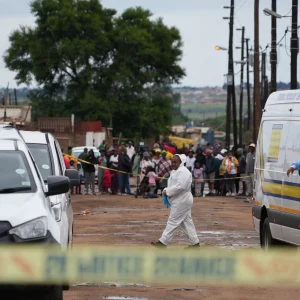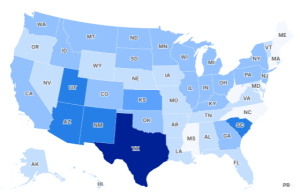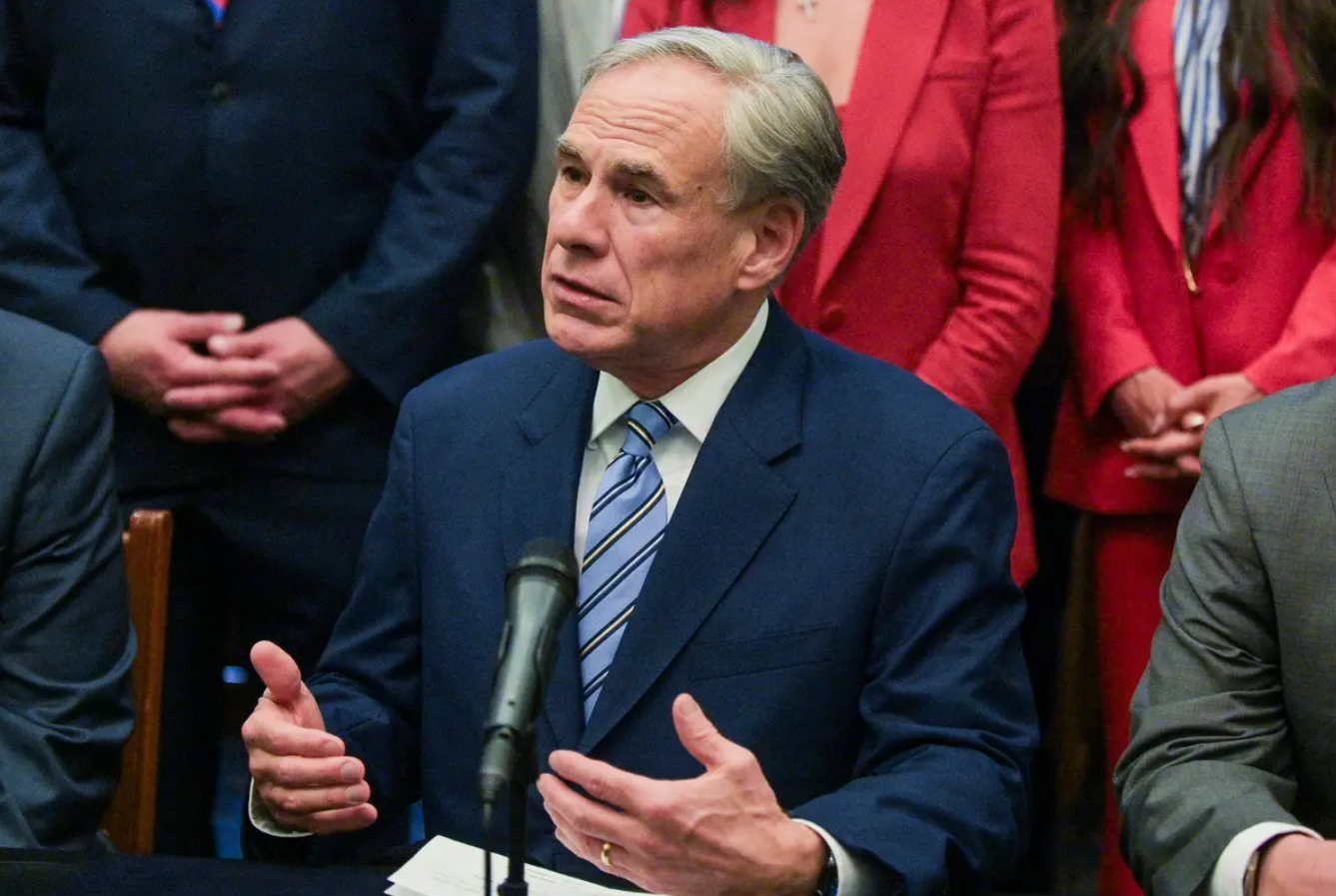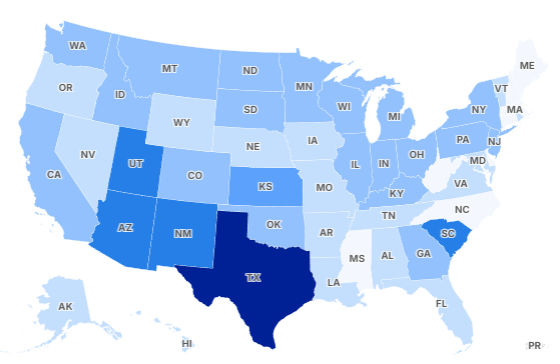Introduction
Governor Greg Abbott has declared a relentless legislative campaign. He said he’ll call “special session after special session” until new congressional maps pass. That promise came after Democratic lawmakers fled Texas to block a key redistricting vote. The situation remains tense, complex, and unfolding.
Background and Special Session Power
Texas law allows unlimited special sessions, each limited to 30 days. Thus, Abbott retains substantial flexibility to press his agenda on redistricting, flood response, and other priorities. Moreover, his authority to convene these sessions stems from the state constitution. That power is being tested now like never before.
Political Escalation
After more than 50 Democrats left the state, quorum was broken, halting business in the Texas House. Republicans responded swiftly—issuing arrest warrants, seeking the assistance of the FBI, and even exploring legal venues to remove lawmakers from office. These actions reflect an increasingly confrontational posture.
Redistricting Agenda
According to reports, Republicans aim to redraw lines to secure up to five additional U.S. House seats—especially with the 2026 midterms in sight. Republican strategists have emphasized population shifts and legal groundwork, while critics accuse them of gerrymandering minority communities and ignoring democratic norms.
Democratic Response
Democrats have staged walkouts en masse, drawing national attention. They have framed their actions as principled resistance rather than mere obstruction. In response, other Democratic leaders across the country have rallied behind them. Some even suggest retaliatory redistricting in blue states.
Legal and National Repercussions
Attorney General Ken Paxton has filed a lawsuit to remove absent lawmakers, calling them derelict in duty. Meanwhile, experts point out that many of these threats may not hold up in court—and some legal observers argue that federal law may not support intrastate enforcement efforts like arrest warrants. Still, the standoff may persist for months.
What’s at Stake
This conflict is more than a redistricting fight. It represents a broader struggle over the future of democratic norms in Texas. The outcome may set precedents for other states ahead of the 2026 midterms. If Republicans succeed, they may solidify power for years; if Democrats prevail, they could redefine the rules of engagement.
Conclusion
The Lone Star showdown continues, fueled by unyielding political will and unconventional tactics. Abbott’s promise of endless sessions underscores his determination. Democrats, in turn, are refusing to budge. Ultimately, the resolution—or lack thereof—could reshape the political map not just in Texas, but across the nation.

James Jenkins is a celebrated Pulitzer Prize-winning author whose work has reshaped the way readers think about social justice and human rights in America. Raised in Atlanta, Georgia, James grew up in a community that instilled in him both resilience and a strong sense of responsibility toward others. After studying political science and creative writing at Howard University, he worked as a journalist covering civil rights issues before dedicating himself fully to fiction. His novels are known for their sharp, empathetic portraits of marginalized communities and for weaving personal stories with broader political realities. Jenkins’s breakout novel, Shadows of Freedom, won national acclaim for its unflinching look at systemic inequality, while his more recent works explore themes of identity, resilience, and the fight for dignity in the face of oppression. Beyond his novels, James is an active public speaker, lecturing at universities and participating in nonprofit initiatives that support literacy and community empowerment. He believes that storytelling is a way to preserve history and inspire change. When not writing, James enjoys jazz music, mentoring young writers, and traveling with his family to explore cultures and stories around the world.









